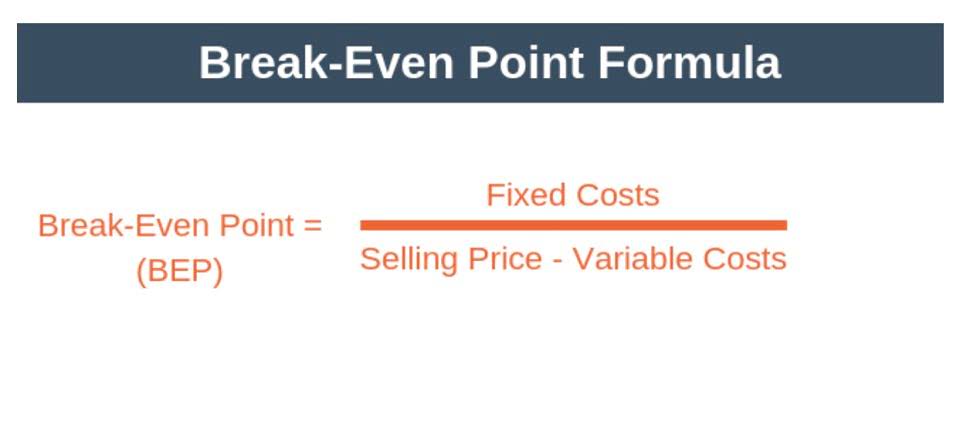What Is A Bond And How Do Bonds Work?

This is the risk that an issuer defaults on coupon payments or fails to repay the principal at maturity. This could cause the price of the bond to plummet and significantly reduce your returns, potentially all the way to zero. There are two ways to earn money by owning shares of stock is through dividends and capital appreciation. If a company has 1,000 shares outstanding and declares a $5,000 dividend, then stockholders will get $5 for each share they own. Capital appreciation is the increase in the share price itself.

To stimulate spending, the Federal Reserve typically cuts interest rates during economic downturns — periods that are usually worse for many stocks. But the lower interest rates will send the value of existing bonds higher, reinforcing the inverse price dynamic. Stocks are issued initially through an Initial Public Offering (IPO), and can subsequently be traded among investors in the secondary market. define stocks and bonds Stock markets are tightly regulated by the Securities Exchange Commission (SEC) in the U.S. and are subject to tight regulation in other countries as well. In contrast to fixed-income instruments, stocks do not provide a fixed amount of return; in fact, the return that they yield can fluctuate very significantly. Generally, bonds are best for those that are conservative and nearing retirement age.
Debt and Equity (Houses vs Businesses)
But if you sell the bond on the secondary market for more than you paid for it, you’ll have to pay capital gains taxes. When bonds and stocks are compared, bonds are considered to be a safer investment. It is important to note that bonds are not completely risk-free and only receive preference in case of bankruptcy. Whatever you choose to invest in, make sure to do plenty of research first. Both stocks and bonds can be good investments under the right market conditions. From the perspective of an investor, the most important differences between stocks and bonds have to do with risk and reward.
The shareholders are entitled to 20% of all of the lemonade stand’s future earnings, but the founder does not need to pay back the initial amount raised from investors, which is in contrast to bonds. Both types of investments have a deep history within the capital markets. To understand which investments are more suitable for the individual investor, one must understand what the securities are, the return that they provide, and the risk that they carry. For investors without access directly to bond markets, you can still get access to bonds through bond-focused mutual funds and ETFs. If you buy a bond and hold onto it until its maturity date, you won’t have a gain or a loss; you just get the principal back.
How Do Bond Ratings Work?
When you hear about equity and debt markets, that’s typically referring to stocks and bonds, respectively. When you buy stock, you’re actually purchasing a tiny slice of the company — one or more “shares.” And the more shares you buy, the more of the company you own. Let’s say a company has a stock price of $50 per share, and you invest $2,500 (that’s 50 shares for $50 each).

